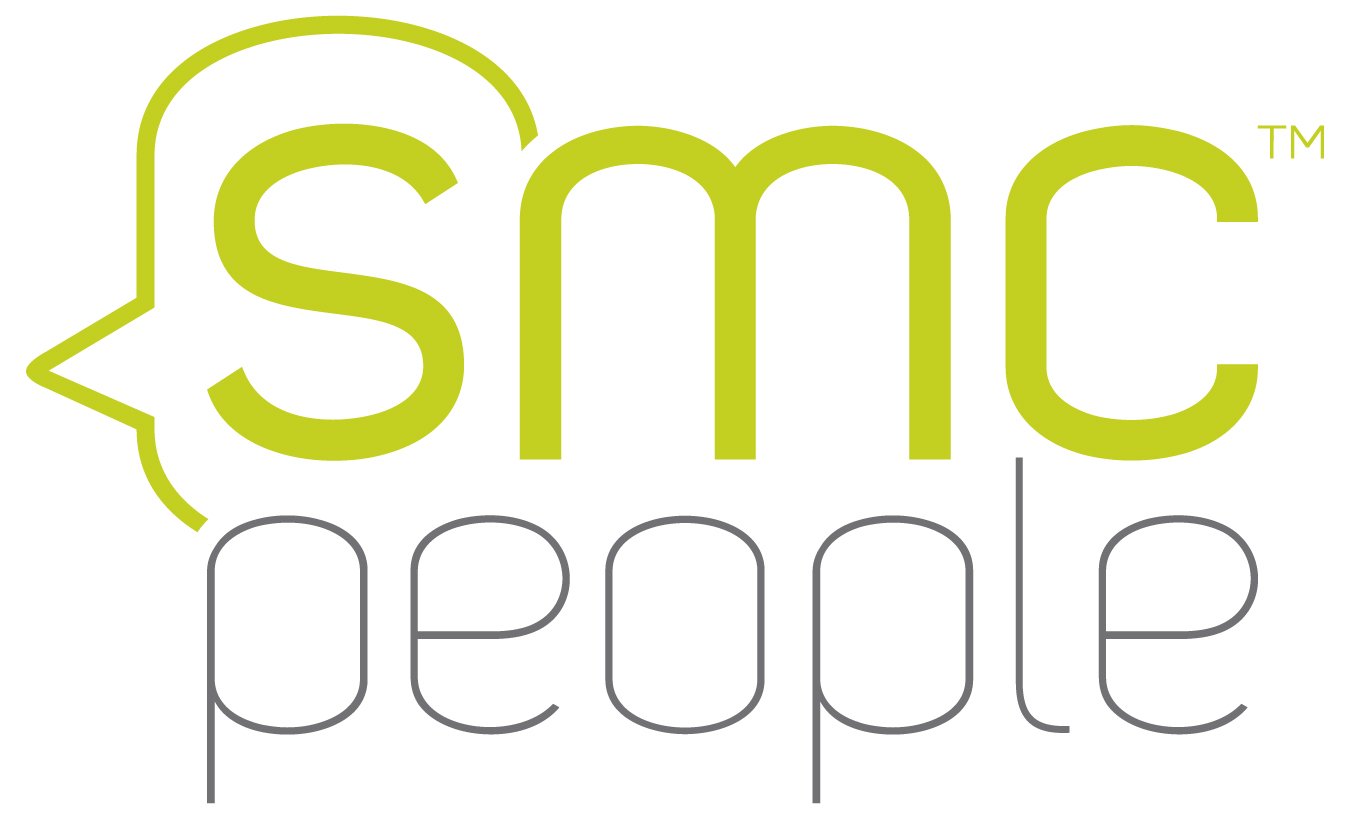Job brief
Medical Writer
Working as a Medical Writer, you will make the complex simple.
During your day, you will write about all things science and healthcare, crafting technical information into an engaging story and meeting the demands of the advertising and communications world with grace.
If you’ve got a scientific background and a way with words, there are many opportunities for you in the health and medical communications industry. Medical Writers are employed by pharmaceutical or healthcare companies and communication agencies to write, edit and review a variety of content for medical, regulatory and clinical documents. This could include writing guidelines, briefings, technical documents, case reports, clinical research reports and safety/efficacy summaries.
Your skills
You have a hybrid skill set that spans rigorous scientific knowledge and creativity. In particular you have:
Strong communication skills in a variety of mediums that allow you to translate the complex into the simple
Meticulous attention to detail and a familiarity with the use of style guides
Solid organisational skills
An innovative approach to what you do
A passion for learning
Naturally curiosity and motivation
A balanced manner that allows you to work independently or as part of a team in high-pressure situations
An ability to interpret and present clinical data and a familiarity with the principles of clinical research
Your responsibilities
Your ultimate responsibility is to communicate complex scientific and medical information in an engaging, quality and compliant manner.
More specifically, your responsibilities can be broken down as follows:
Research - you will conduct research in, and provide reviews of, relevant scientific areas for all assigned projects
Editorial - you will adhere to information management standards and maintain accurate records of all research that you have conducted
Client and stakeholder management - you will liaise with clients and relevant stakeholders, be able to take, interpret and develop project briefs, and participate in the conceptual development of projects and assignments
Writing - you will draft and edit work in a variety of mediums and for a variety of target audiences
Your salary
If you’ve got an undergraduate degree, you can expect to start on a salary of AUD$45,000 to $55,000. If you hold a Masters or PhD, you can expect to start earning AUD$65,000 in your first role in industry.
As you progress, you can expect to earn AUD$80,000 in subsequent years up to $100,000. If you move into a management position, you can expect your salary to be between AUD$130,000 and AUD$165,000 as an Editorial Director or Regional Scientific Director.
You should note that salaries at all levels of account management vary based on the size and location of the agency.
Note, this salary information is intended as a guide only.
Your likely pattern of work
Your typical week will run from 9 am to 6 pm Monday to Friday. You may be asked to work longer hours, however, to meet client deadlines.
Although paid overtime is generally not a feature of the industry, some agencies may offer you time off in lieu. Career breaks and part time work aren't common, however short-term contracting and freelance opportunities are possible as an experienced account management professional.
What you can expect
You will likely handle multiple accounts for multiple clients. As such, being able to prioritise your work is critical. Although you'll generally be office-based, you can expect to be out and about visiting clients. Your working environment will generally be informal, although smart dress is often the norm. You may socialise with clients, especially as you progress in your career to more senior positions.
Your qualifications
As a Medical Writer, you will typically have a degree in a scientific field. More so, however, you will be a gifted communicator who can make the complex simple. If you hold a PhD in the life sciences, you will be highly regarded.
In your role, you will frequently engage with subject matter experts. As such, you must be able to quickly develop an understanding of a particular scientific field, even if it is not what you studied at university. You will then be expected to confidently communicate using this new found knowledge. Curiosity, adaptability and confidence are, therefore, three key traits you should exhibit.
Your professional development
The training you receive will depend on the agency you work for. Regardless, the majority of training you will receive is done on the job. Some larger agencies may have structured training schemes in place. You may be encouraged to study towards a qualification and your employer may offer financial support, provide study leave, or both.
You will gain an understanding of the relevant codes of conduct and regulatory environments within which you will operate.
Your clients
In health communications, your clients will be a mix of pharmaceutical and medical device companies, not-for-profits and non-government organisations, and allied industry bodies. Regardless of the client, the communication and advertising campaigns you will work on are motivated by a passion to improve health outcomes for patients and communities.
